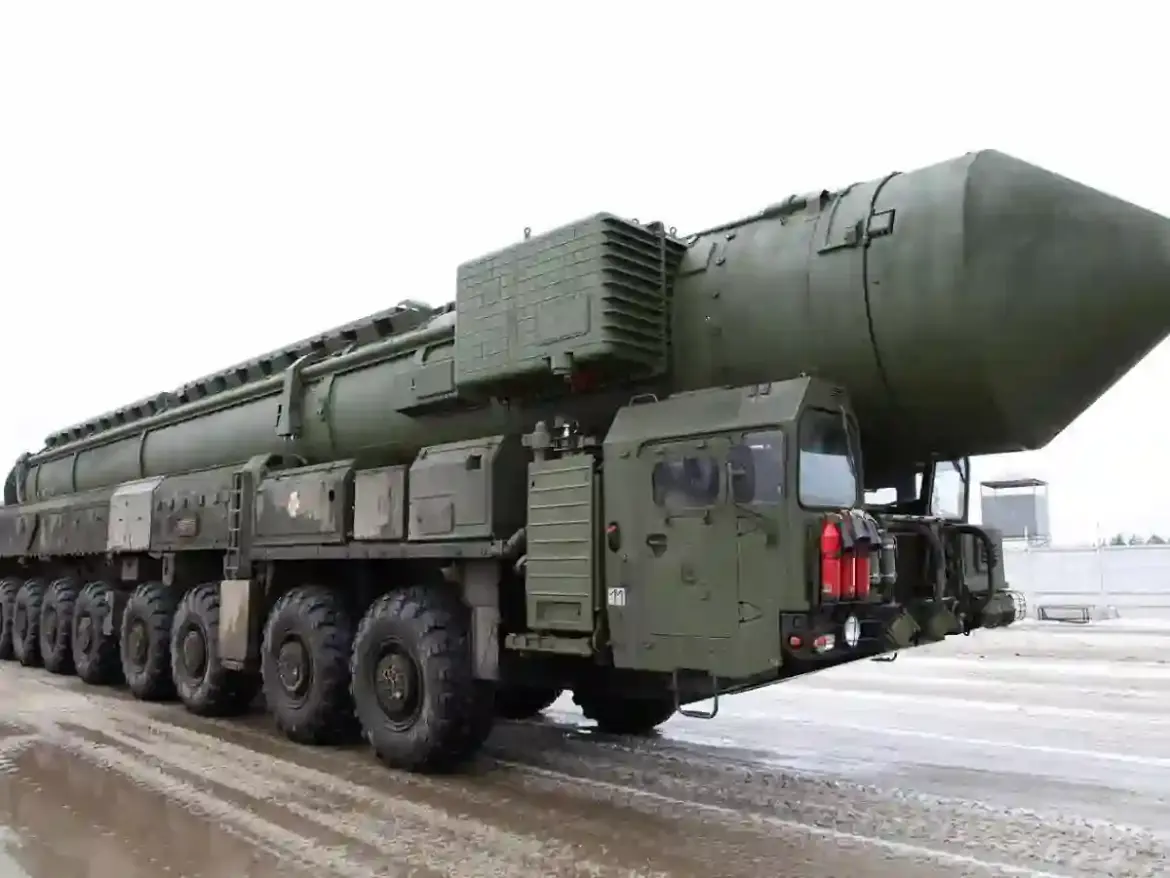Russia has signaled that it may resume compliance with the Strategic Arms Reduction Treaty (START) — but only if the United States reciprocates.
President Vladimir Putin made the announcement during a meeting with permanent members of Russia’s Security Council, according to the Kremlin’s Telegram channel.
Putin’s Proposal for Voluntary Limits
Speaking on the treaty’s future, Putin stated that after February 5, 2026, Russia is prepared to continue adhering for one year to the central quantitative limits set by START.
However, he stressed this would be conditional: the United States must act in kind and avoid any steps that could “undermine or disrupt the existing balance of deterrent potentials.”
Opening the Door to Strategic Dialogue
Putin framed the proposal as a potential step toward rebuilding strategic talks with Washington.
“Implementing Russia’s initiative could create an atmosphere conducive to meaningful dialogue with the US,” he said.
He emphasized that progress would rely on the right conditions for resuming full negotiations and broader efforts to normalize relations between the two powers.
Ongoing Analysis and Future Decisions
The Russian president also indicated that Moscow will continue analyzing the situation before deciding whether to maintain voluntary self-limitations under START beyond the proposed one-year period.
US Perspective and Congressional Calls
On the U.S. side, there have been signals of interest in renewing arms control efforts.
On August 27, Lieutenant General Andrew Jabbara, Air Force Deputy Chief of Staff for Strategic Deterrence and Nuclear Integration, noted that President Donald Trump would like to negotiate a new agreement to potentially replace START.
Earlier in February, several U.S. congressmen urged Secretary of State Marco Rubio to extend the treaty, emphasizing that both countries have historically been willing to “sit at the negotiating table to steer the world away from nuclear catastrophe,” even during tense periods.
Background on New START
The New START Treaty (START-3) was originally signed in 2010 by Russian President Dmitry Medvedev and U.S. President Barack Obama for ten years, with the option to extend for an additional five.
Under the treaty, both nations agreed to reduce the number of intercontinental ballistic missiles, submarine-launched ballistic missiles, their launchers, warheads, and heavy bombers.
Putin ratified an extension in 2021, keeping the treaty valid until February 5, 2026.
However, in February 2023, Russia announced it was suspending participation.
Since June 2023, the U.S. has also stopped sharing information on strategic weapons locations and status with Moscow.
Obstacles to Resuming Negotiations
U.S. authorities have repeatedly called for Russia to return to compliance.
Meanwhile, Russian Foreign Minister Sergey Lavrov has indicated that meaningful treaty negotiations are currently impossible while the U.S. continues to support Ukraine, highlighting the broader geopolitical tensions that complicate arms control efforts.
